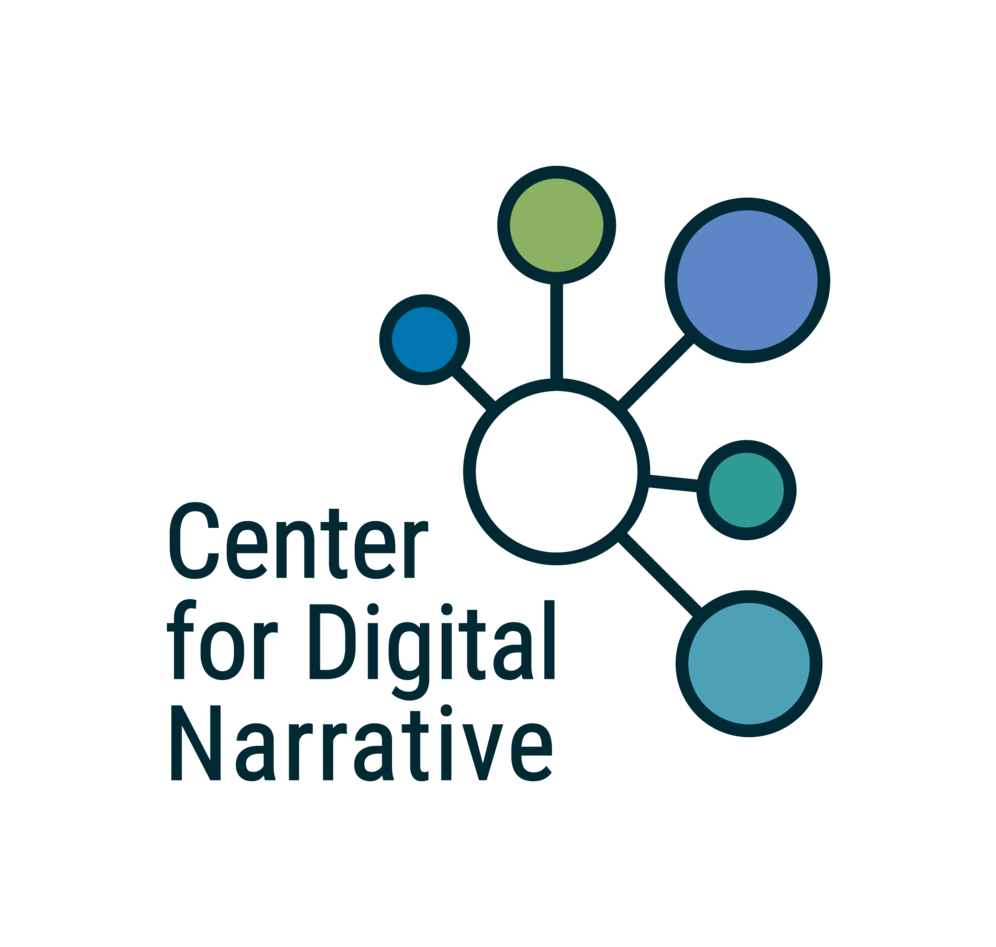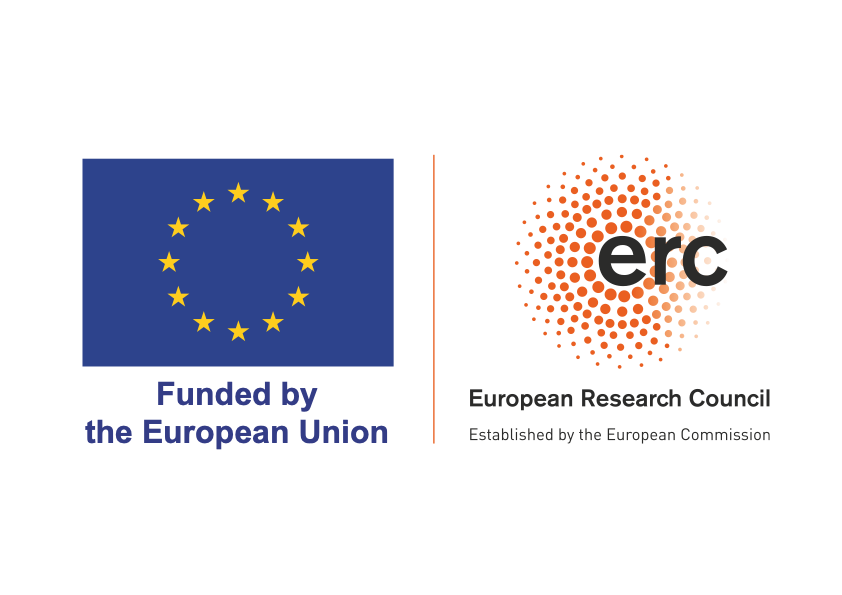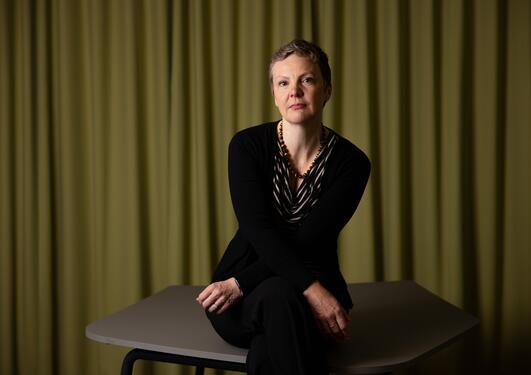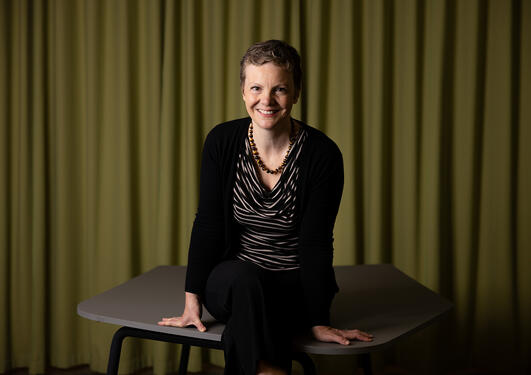AI STORIES
AI STORIES is a five year, ERC-funded project that explores how narrative archetypes shape AI outputs. Professor Jill Walker Rettberg is the principal investigator of the project which began in 2024.

Main content
AI STORIES: Narrative Archetypes for Artificial Intelligence is a five-year research project (2024-2029) that explores the idea that narrative archetypes shape AI outputs. It examines how large language models (LLMs) like GPT-4, trained on vast text and image data, may not only replicate historical biases but also narrative structures from their training materials, potentially impacting cultural diversity. The project leverages narratology to analyze training data and AI-generated content, focusing on whether these narratives render AI culturally specific.
The project team is led by Jill Walker Rettberg with Mahaut de Vareilles as research advisor. Anne Sigrid Refsum and Zahra Rizvi joined the team in 2025 as postdoctoral fellows. Elise Marie Strand Hagen is our research assistant, and Tone Merete Bruvik supports the project as data management expert.
A third postdoc and two PhD fellows will be hired in 2025.
Postdoctoral Research Fellow on Literature and Generative AI at the Center for Digital Narrative (Apply by June 15, 2025)
PhD fellowship on Literature and Generative AI (Apply by August 15, 2025)
PhD fellowship on Data-visualisation of Narratives (Probable Spring 2026)
About the project
The researchers will look at two central questions:
- How do narrative archetypes in training data shape the functioning and output of large language models?
- To what extent do the narrative archetypes of different cultures make machine learning models culturally specific?
The hypothesis emerged after an AI developed by Microsoft professed love during a conversation, illustrating AI's reliance on human narratives. AI STORIES argues that AI development now requires humanities' insight to understand its language and cultural dimensions. This research could influence AI policy, development, and digital literacy, emphasizing the need for cross-disciplinary collaboration.
AI STORIES will conduct case studies on Scandinavian, Australian, and either Indian or Nigerian narratives, contrasting them with the dominant American narratives in LLMs. The project's methodology unfolds in three stages: establishing theoretical groundwork, testing theories experimentally, and synthesizing results to form a narratology of AI.
The project builds on the notion that storytelling is central to human culture, with narratives shaping our understanding of the world. It challenges the view of AI as "stochastic parrots" that mimic language patterns without understanding, proposing that narrative structures might be more significant than vocabulary or grammar in AI-generated content. Despite their novelty, LLMs are being explored for literary creation and analysis, with the humanities and social sciences contributing critical perspectives on AI's role in society.
AI STORIES posits that LLM outputs are influenced by deeper narrative structures than previously recognized, suggesting that addressing AI bias requires examining these underlying narratives rather than just sign proximity. The project aims to redefine the scientific understanding of AI bias and narrative influence, with significant implications for the study of narratives and AI research.
Publications and datasets
The project runs from 2024-2029. For a full list of publications, see the project's CRISTIN page.
- Rettberg, Jill Walker; Wigers, Hermann, 2025, "A dataset of 1500-word stories generated by gpt-4o-mini for 236 nationalities", https://doi.org/10.18710/VM2K4O, DataverseNO, V1
- Rettberg, Jill Walker. “Repeating Ourselves with Generative AI.” CounterText, vol. 10, no. 3, Dec. 2024, pp. 232–37. DOI.org (Crossref), https://doi.org/10.3366/count.2024.0360.
- Rettberg, Jill Walker. “How Generative AI Endangers Cultural Narratives.” Issues in Science and Technology, vol. 40, no. 2, Jan. 2024, pp. 77–79. DOI.org (Crossref), https://doi.org/10.58875/RQJD7538.
Download the five page project proposal
The "B1" or five page summary of the project proposal is available as a PDF. This document describes the overall project plan.



